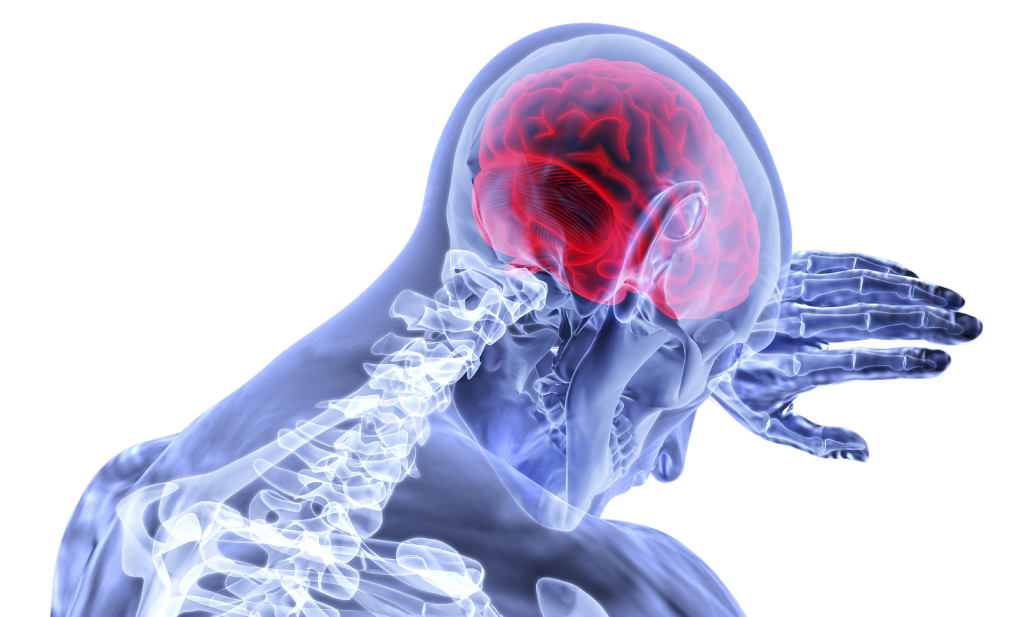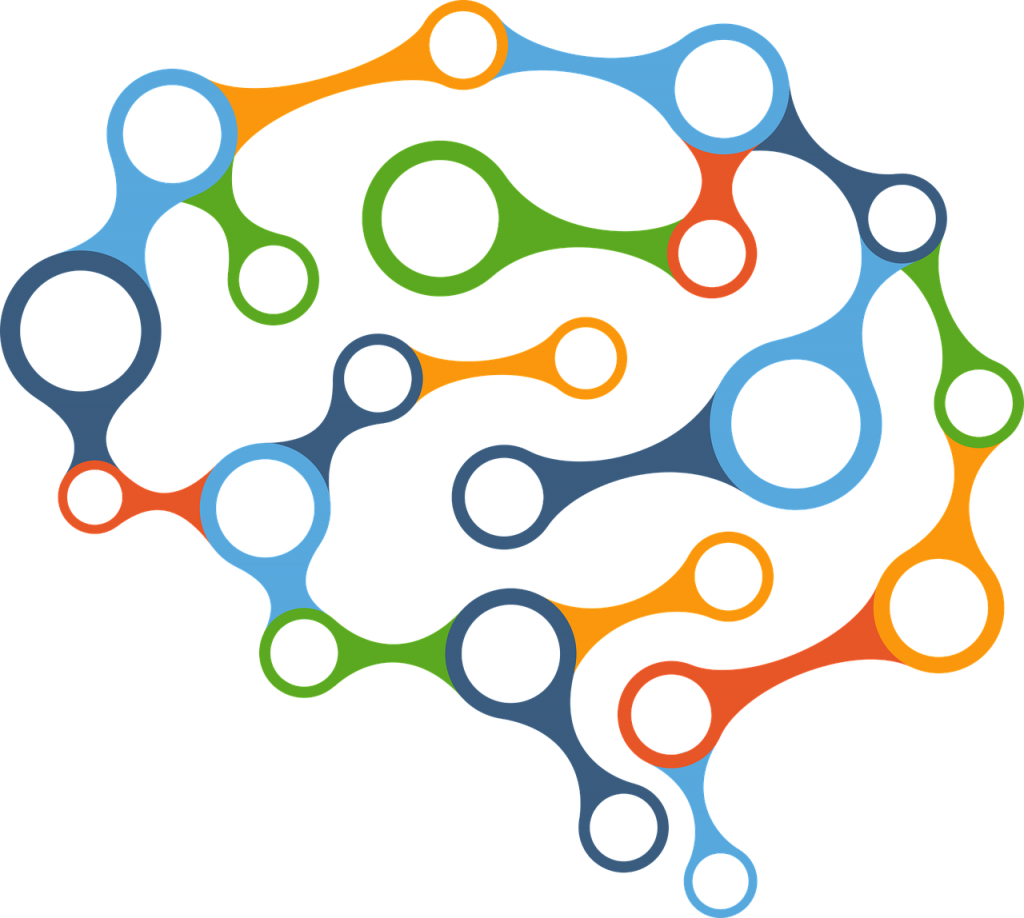
Many of you probably have heard about concussions and perhaps have developed preconceived opinions on what exactly they are and how they present. Social media contributes greatly to what we perceive a concussion to be and how serious it should be taken. You may be an athlete, a coach, a parent, or simply a regular Joe/Jill! Regardless of what you do for a living, or how active you are, or how strong you are; a concussion may impact your life. Knowing how to recognize the signs of a concussion as well as knowing when to seek the professional opinion of a healthcare professional or a concussion specialist is key to limiting the subsequent damage!
A concussion can ensue after receiving a direct blow to the head, after a fall, after a car accident, by simply by falling on your bum, or even by a whiplash mechanism of the neck. A concussion is often perceived to be the result of a violent impact or a dangerous fall, but in reality, concussions are fairly simple and can occur with regular day-to-day activities.

A concussion is not a structural injury, but a functional one. What does this mean?!?!?!?!? Essentially, there is no physical damage caused to the skull or brain when a concussion occurs. This is why a concussion cannot be diagnosed by medical imaging…like an x-ray or MRI for example. Since a concussion does not physically change structures in the brain, nothing will show up on the imaging! Instead, a concussion results in a non-permanent appearance of symptoms that occur because of a “brain electricity imbalance”. The signals being delivered and received in the brain do not add up and so an energy crisis ensues (AKA the brain gets confused!!) Once the crisis is regulated, recovery occurs and the symptoms finally subside.
Symptoms reported vary from person to person, often even from men to women, and from children to adults. However, the most common symptoms reported are those of a headache, pressure in the head, nausea, dizziness, and so on. The severity in symptoms also differs from person to person. A common misconception is that which states that one’s history of concussions will dictate the length of their next concussion recovery. However, let’s try to think of it this way…it is not necessarily the number of concussions that will affect recovery of a subsequent concussion but instead, the time elapsed between both concussions as well as a sufficient recovery protocol! So, in other words, if someone sustains a subsequent concussion shortly after they have been concussed, the time to properly recover is not long enough and hence the subsequent injury will delay the progress of healing since their brain was not prepared to handle it. It is the same principle when we look at a player returning back to play too soon…this places them at risk to not only delay their symptom recovery, but puts their health at risk as their condition can greatly deteriorate.
Symptoms usually subside between 1 and 2 weeks after sustaining a concussion. However, this is not the case for everyone. If someone’s symptoms persist for a period of longer than approximately 2-4 weeks, the condition is then called Post Concussion Syndrome. This means that the symptoms remain persistent after the average period. This is why proper concussion management is so important!
For contact sports it is advisable to do baseline tests for concussions at the beginning of the season. These tests will assess the cognitive and physical state of the athletes, including learning and memory skills, ability to pay attention or concentrate, speed of thought and problem solving, and of course the presence of concussion symptoms. While these tests cannot prevent concussions from occurring, they do help the field and medical staff to know the condition of the players and ensure a safe return to play.
If you suspect that you or someone may have sustained a concussion, the most important thing to do would be to withdraw the person from the environment (ex. off the field) and not to participate in any activity that can put them at risk for further injury. The opinion of a medical professional is key as they can determine whether the injury is in fact a concussion, or perhaps something even worse and provide guidelines on how to safely proceed.
Protocols are put in place, by medical professionals, that act as a guideline for parents, coaches, athletes to return back to their regular, daily life! This is done in a stepwise fashion to not stress the brain too much and allow it to properly adjust to the changes in environment, stressors, etc.
We are always willing to answer any questions or concerns about concussions that were not addressed, or any interesting stories for that matter also! Don’t be shy…you know where to find us!

